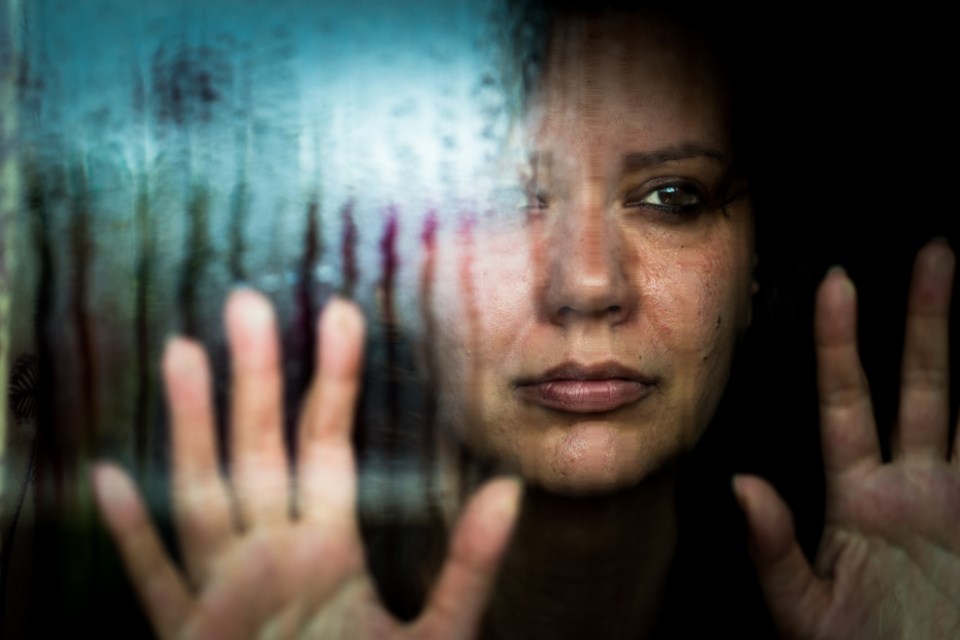The campaign is focused on addressing the contributing attitudes, beliefs and behaviours that cause interpersonal violence. It is themed Face the Issue.
“Many people are affected by interpersonal violence and abuse,” Laura Ross, provincial minister responsible for the Status of Women Office said. “Women continue to be overrepresented, and we need to change how we address it as a community. That is why this campaign is so important. It educates and asks people to learn about the different controls of interpersonal violence and to continue their awareness and the conversation across our province.”
According to Stats Canada, women and girls accounted for 79% of intimate partner violence in 2019. Among the provinces, Saskatchewan has the highest rate of police-reported family violence (519 per 100,000), followed by Manitoba (417 per 100,000).
The Face the Issue campaign has been produced by a joint effort between the ministry of Justice and Attorney General, the ministry of Corrections, Policing, and Public Safety, and the Status of Women Office.
A video accompanying the campaign was released today on YouTube featuring vignettes of three women in situations of interpersonal violence and abuse. The video is planned to be translated into Cree, Dene, and French.
“Ending violence in our communities is a shared responsibility,” Minister of Corrections, Policing, and Public Safety Christine Tell said. “This campaign encourages people to recognize interpersonal violence and abuse and speak up against it, as we aim to create a safer Saskatchewan.”
The province has made several efforts to help and support those affected by violence, including:
- Enhancing www.FacetheIssue.ca, the province’s interpersonal violence portal, which contains resources, information, and support for victims of interpersonal violence. It is also helpful for those who know or fear that someone close to them is a victim of interpersonal violence.
- Providing funding through the Status of Women Office for Make it Our Business training to employers and workplaces across the province. The training educates employers and employees on how to respond to domestic violence in the workplace. Information is available at www.pathssk.org.
- Introducing The Privacy (Intimate images – additional remedies) Amendment Act, 2021, which provides additional remedies for stopping the non-consensual distribution of intimate images, and for retrieving those images.
- Establishing Family Intervention Rapid Support Teams (FIRST) through partnerships with community service providers. These teams aim to provide immediate help to families in crisis.
- Passing The Residential Tenancies Amendment Act, 2021, which supports victims experiencing sexual violence by allowing to terminate their lease early without penalties.
In early December, the RCMP also reaffirmed its commitment to the Interpersonal Violence Disclosure Act (Clare’s Law). Saskatchewan was the first province to pass a Clare’s Law-type act. The Act allows police to discreetly disclose any history of domestic violence to potential partners.
“Interpersonal violence and abuse is a complex issue,” said Gordon Wyant, Justice Minister and Attorney General. “This second phase of the campaign is meant to raise awareness that there are many different forms and sign of interpersonal violence. We need to make it clear that as a society we won’t tolerate interpersonal violence or excuse the language and behaviours that contribute to it.”




